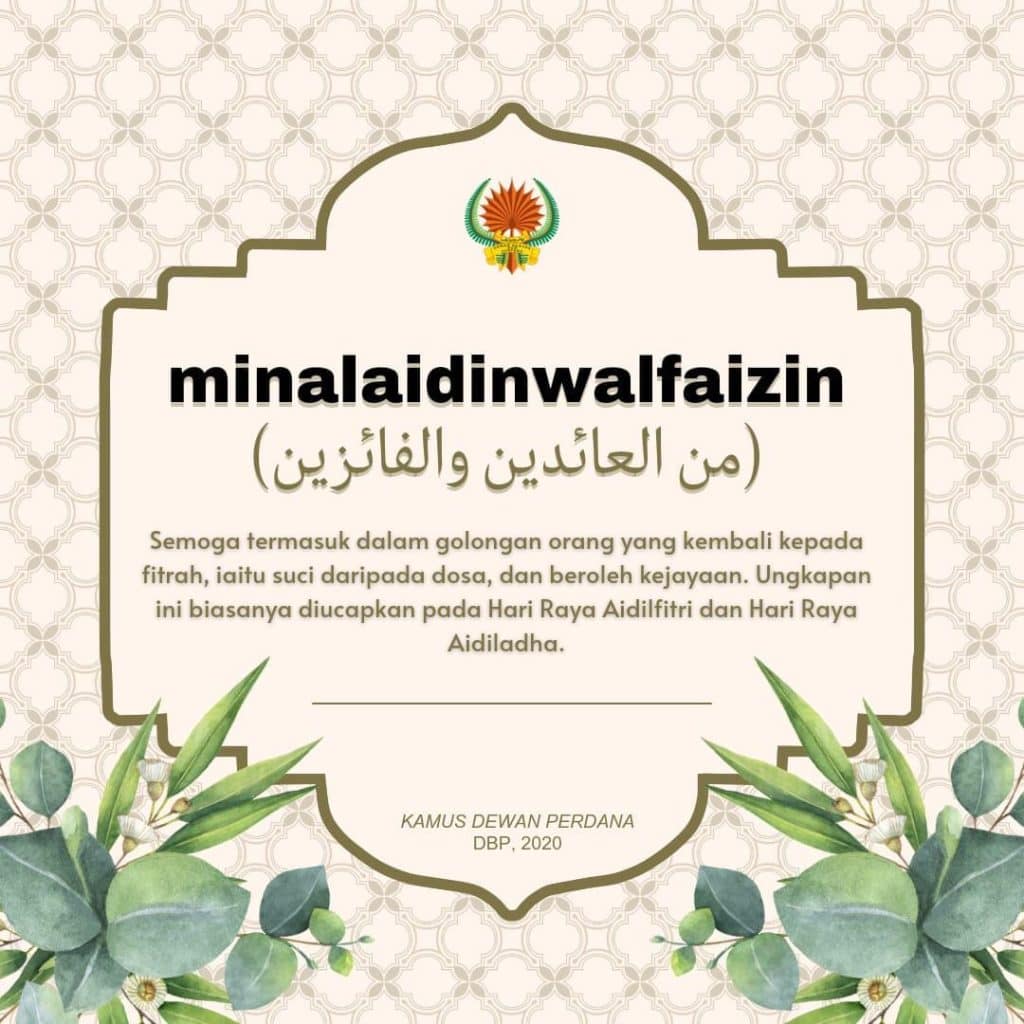Table of Contents Show
Minal Faizin is a term derived from Arabic, often found in Islamic contexts. It is typically used to convey a message of achievement or success, particularly in the context of religious or personal goals. The term can be broken down into two components: “Minal,” which means “from,” and “Faizin,” which translates to “the successful ones” or “those who have attained success.”
This phrase is often used in Islamic prayers and greetings, especially during significant occasions such as Eid celebrations or graduations, where individuals wish to celebrate the success and achievements of others.
Significance of Minal Faizin in Islamic Culture
In Islamic culture, the concept of success goes beyond mere material gains. It encompasses spiritual growth, moral integrity, and fulfillment of religious obligations. Minal Faizin serves as a reminder of the importance of striving for success in all aspects of life, including faith, character, and community involvement.
The phrase also reflects the collective joy found in shared achievements, whether within families, communities, or the larger Muslim ummah (community). Wishing someone “Minal Faizin” is a way to acknowledge their hard work and efforts, encouraging them to continue on their path of growth and success.
Usage in Celebrations
During celebrations, especially Eid, the phrase “Minal Faizin” is often exchanged among friends and family. It signifies not just a personal achievement but also communal success. It’s a way to uplift each other, fostering a sense of belonging and shared purpose.
In educational settings, when students graduate or achieve significant milestones, educators and peers may use this phrase to congratulate them, linking academic success to personal development and spiritual fulfillment.
Conclusion
In essence, Minal Faizin encapsulates the spirit of success that is multi-faceted in nature. It encourages individuals to pursue excellence in their lives, both spiritually and materially, while also fostering a sense of community and shared joy in achievements. Whether in personal endeavors or collective celebrations, this phrase remains a beautiful expression of goodwill and aspirations within the Islamic tradition.










